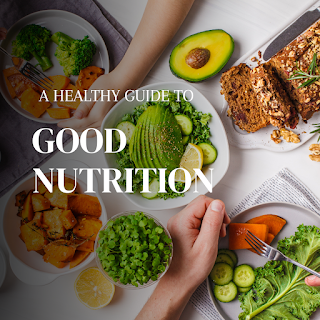We hear it all the time…lose weight for your health. However, few people realize the extent to which this is critical to their physical well-being and ultimately their life expectancy.
In January 2003, the Journal of the American Medical Association featured a study finding that obesity appears to lessen life expectancy, especially among young adults. The study showed an obese 20-year-old white male, (5'10")178cm and weighing (288 pounds) 130kg was estimated to lose 13 years of his life as a result of obesity.
It is now well researched that a Western diet that leads to obesity may actually act to stimulate the growth of cancer cells. It is never too late to improve your health through healthy eating and adopting a healthier lifestyle. Here are simple steps to follow which can make an immediate improvement to your health and vitality.
1. Check to see if you are overweight or obese.
To find out your BMI you need to divide your weight (measured in kilos) by your height (measured in metres) squared. If the result is greater than 25, your health may be improved by losing weight. Having said that, use this a guide only. BMI measurements don’t account for all factors that account for your weight. In other words, if your BMI is at 26 or 27, there is no cause for alarm. Rather, it is a marker to indicate that you should evaluate your diet and activity level to optimize your overall health.
2. Match your diet to your body’s requirements.
If you eat and drink more calories than your body requires you will put on weight. Learn to control calories and portion sizes, make recipes leaner, and eat infrequently from fast food restaurants. Also learn how to snack with healthful choices.
3. Color your diet with a large variety of colorful, cancer-fighting fruit and vegetables.
There are seven different color ranges of both fruit and vegetables and by choosing between 5 to 9 daily serves from a wide range of fruit and vegetables, we are extending our consumption of cancer (and other disease) fighting nutrients. The prettier your plate, the better.
4. Eat lean protein with every meal.
Protein provides a powerful signal to the brain providing a longer sense of fullness. The right source of protein is essential to controlling your hunger with fewer calories and necessary to maintain your lean muscle mass. Choices of protein should be smoothies with fruit; the white meat of chicken and turkey, seafood such as shrimp, prawns, scallops and lobster and ocean fish.
5. Rev up your metabolism with activity.
If you want to enjoy a lifetime of wellbeing, exercise is a key ingredient. Thirty minutes activity each day that takes as much effort as a brisk walk is recommended for adults. Children should be active for an hour each day.
6. Get support to ensure you develop a healthy eating plan and reach your goal weight.
A study, “Effects of Internet Behavioral Counseling on Weight Loss in Adults at Risk of Type 2 Diabetes” shows that participants who had the support of an accountability partner lost more weight than those who didn’t. The study concluded that the support of an accountability partner can significantly improve weight loss results.
Being overweight or obese has been identified next to smoking, as the most preventable major risk to developing cancer. Even small weight losses have been shown to have beneficial health effects including reversing some of the effects of chronic illness and stroke. So, it’s never too late to start and you can never be too young or too old to be concerned about your health and do something about achieving a healthier weight.

.png)
.png)


.png)
.png)
.png)